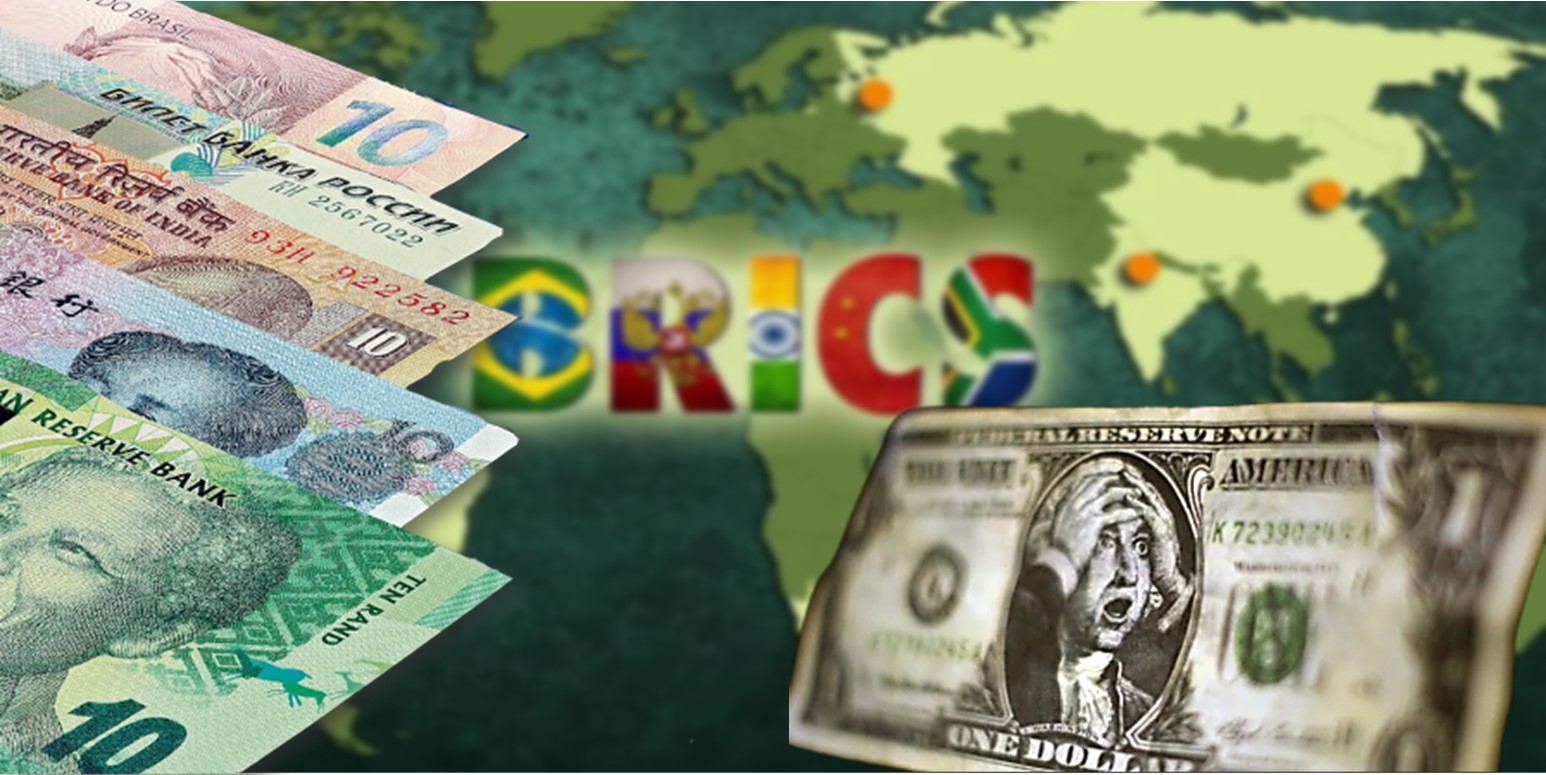
Bank of Russia Governor Highlights Challenges in Creating Common BRICS Currency
Russia’s central bank governor underscores the challenges and importance of consensus in establishing a common currency for BRICS nations.
In a recent statement, the governor of Russia’s central bank emphasized that the establishment of a common currency for the BRICS nations would necessitate the agreement of numerous parties. The announcement sheds light on the formidable challenges and complexities surrounding the implementation of a unified monetary system among the influential emerging economies.

The governor, whose remarks come amid increased discussions about the prospects of a BRICS currency, underscored the importance of obtaining the consent of all involved stakeholders. The BRICS nations, namely Brazil, Russia, India, China, and South Africa, boast diverse economies with unique monetary policies, making consensus on a unified currency a significant obstacle to overcome.
On July 7, Sergei Malenkovich, chairman of the “Russian Communist Party” party told Sputnik News Agency that the party proposed to the Central Bank of Russia that the portraits of Joseph Stalin, Mao Zedong, Gandhi and Nelson Mandela be printed on the BRICS currency. pic.twitter.com/yCYWsgj4sp
— Megh Updates 🚨™ (@MeghUpdates) July 9, 2023
Stance of Russian Central Bank
Russia’s central bank governor acknowledged that while the idea of a BRICS currency had intrigued many, its practical implementation demanded careful consideration and negotiation. Unified monetary policies, exchange rate alignments, and the establishment of a common monetary authority were among the complex issues requiring extensive discussion.
Furthermore, the governor emphasized that the creation of a common BRICS currency would necessitate prudent economic and financial reforms in all participating nations. These reforms would aim to enhance macroeconomic stability, strengthen fiscal policies, and promote transparency. Such measures are crucial to foster trust and credibility in the unified currency, further reinforcing the need for comprehensive multi-party consent.
The BRICS currency
The proposal for a BRICS currency has gained traction over the years as the participating nations forge closer ties in trade, investment, and partnerships. Collaborative efforts within the BRICS framework have paved the way for increased economic cooperation and greater integration. However, the governor’s statement underscores that the creation of a common currency requires a meticulous and inclusive approach.
While the discussions surrounding a unified BRICS currency continue, the governor expressed optimism about the potential benefits such a currency could bring. A common currency would streamline trade transactions, reduce currency exchange costs, and enhance monetary stability within the bloc. However, these advantages can only be realized through extensive dialogue and cooperation among the BRICS nations.
In conclusion, the governor of Russia’s central bank emphasized that the establishment of a common BRICS currency faces significant hurdles and necessitates the consent of multiple parties. The complexity of aligning diverse monetary policies and implementing necessary economic reforms underscore the importance of inclusive discussions within the BRICS framework. While challenges lie ahead, the potential benefits offered by a unified currency make continued dialogue and cooperation essential for the future economic integration of BRICS nations.
Takeaway
- Russia’s central bank governor highlights the need for consensus among BRICS nations for a common currency.
- Diverse economies and unique monetary policies pose a significant challenge to achieving a unified BRICS currency.
- Implementation requires careful consideration of unified monetary policies, exchange rates, and a common monetary authority.
- Prudent economic reforms and comprehensive multi-party consent are crucial for establishing trust in a unified BRICS currency.








